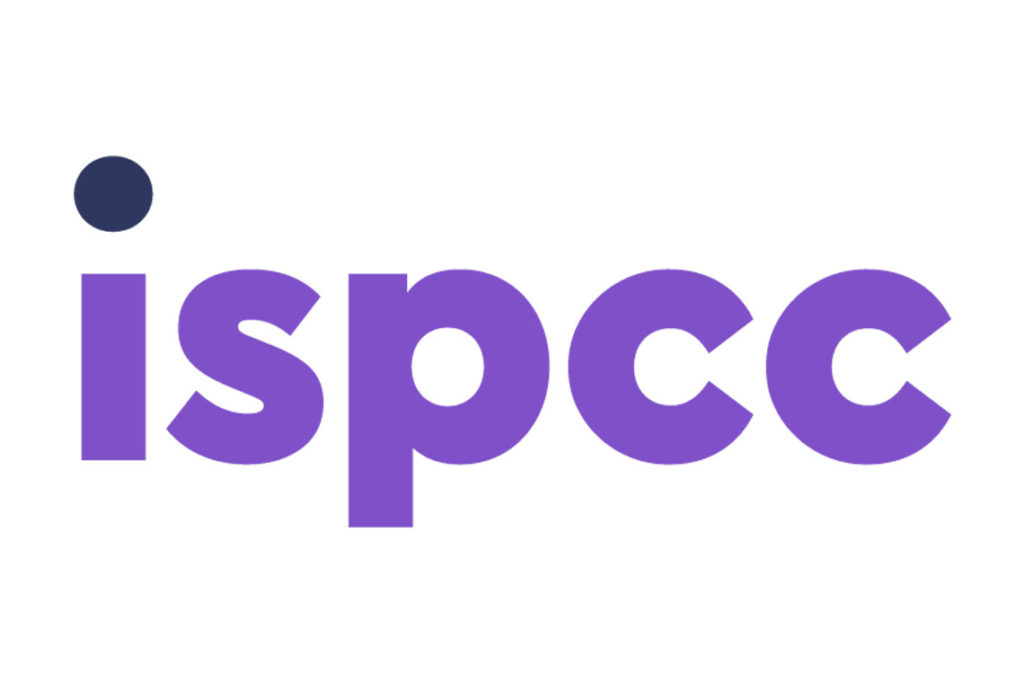
The ISPCC has welcomed today’s announcement that Cabinet has passed legislative plans by the Minster for Justice Helen McEntee in respect of the sharing of so-called intimate images. Such legislation will help to protect children and young people from the significant and lasting harm which is often caused by the sharing of such images, often leading to cyberbullying, online harassment and the further non-consensual sharing of these images.
The ISPCC’s Childline Listening Service, which receives up to 800 contacts from children and young people every day, said it is acutely aware of the distress which can be caused when bullying and harassment take place online and when intimate images are manipulated, misused and shared without consent.
This key announcement, which is a positive step forward in the progression of such legislation, comes a week after the ISPCC and its partners in the Irish Safer Internet Centre marked the European Day for the Protection of Children Against Sexual Exploitation and Sexual Abuse.
ISPCC Childline Director of Services Caroline O’Sullivan said: “We know from our work with children and young people across Ireland that they are increasingly living their lives online and using the internet and technology to explore and express their sexuality. Content which is shared online has the potential to reach very large audiences, very quickly. This can cause great distress, particularly for young people who may have created and shared intimate images.
“One girl who contacted Childline told us how she had shared intimate photos with a boy she trusted, who then blocked her and shared her images online, without her consent. She was hugely upset and afraid to tell her family.
“A boy who turned to the service for support, meanwhile, highlighted the damaging impact of cyberbullying. He told us he felt deeply ashamed, as bullies were constantly targeting him through new apps and taunting him for being gay.
“Legislation is not the sole response to this issue. We need an updated Relationship and Sexuality Education (RSE) programme, along with online safety embedded into the curriculum from primary school, with age-appropriate messages being delivered from preschool level.
“Young people have told us they are not aware of the law in this area and think they should be educated about it. This will be more pertinent than ever should this law be applied to minors, as mooted by the Minister. The ISPCC urges caution in this respect and believes that children should not be criminalised under such proposals and that other measures should be used.
“Children have literally been left to their own devices to navigate the online world – the good, the bad and the ugly. Online safety education provision is at best disparate and the RSE offering is not meeting their needs, while government could show stronger leadership by publishing a long-term strategy on online safety.
“There is a long and overdue need for all arms of the state to play its part in better protecting children online. Education, as well as legislation, is needed to support and help safeguard them. They may feel they wish to share intimate images, but they must be supported in recognising the potential risks involved. As we have seen recently, they can end up on sites and forums for which they were never intended.
“Children have a right to be protected and this protection extends to being online. Legislation and regulation which strives to make the online world a safer place for young people is imperative. The progression of this legislation – and its provisions – is long overdue.
“The ISPCC was grateful to have the opportunity to address the Joint Oireachtas Committee on Justice and Equality last year and looks forward to continuing to input on this important matter.”
